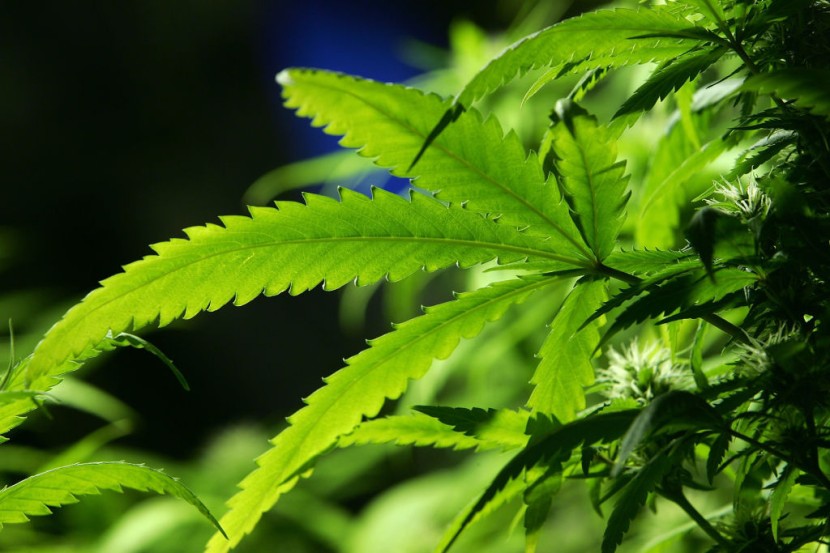
Minnesota has legalized marijuana in the state and has announced plans to provide reparations to communities who were previously considered over-policed for marijuana offenses.
The new program will invest millions of dollars into communities that were disproportionately affected by the enforcement of the law when the drug was still considered illegal. Several state lawmakers have called the initiative a form of reparation because it seeks to provide economic relief to residents previously convicted of marijuana possession and other weed-related offenses.
Reparations Over Marijuana Offenses
The grant program, called "CanRenew," was enacted as part of Minnesota's new recreational marijuana law. The new legislation allows residents to use the drug without having a license, but it is still considered illegal for unlicensed dispensers to sell.
Marijuana was legalized in the state on August 1, but the CanRenew program will not take effect until 2026. But after it has been implemented, it will provide $15 million to eligible organizations in various communities with high concentrations of people previously convicted of a marijuana offense or had family members who were, as per Fox News.
The new law also states that communities with many veterans, high poverty rates, and have experienced a disproportionately large amount of cannabis enforcement could receive grants.
In a statement, the bill's sponsor in the Senate, Minnesota Sen. Lindsey Port, said that direct harm was done to communities due to drug prohibition. She added that it was their responsibility to undo that harm and noted that the reparations are the first major investment in doing just that.
Port, also a member of the state's Democratic-Farmer-Labor Party (DFL), noted that she had no knowledge of any other initiative similar to the one she sponsored within the United States. She added that the money for the program's grants would be taken from tax revenue from cannabis sales.
Legalizing the Use of Cannabis
The legalization of cannabis in Minnesota is effective for 21 years and older residents and marks the state becoming the 23rd in the country to legalize it for recreational use. Now, the first dispensary selling marijuana for recreational use has opened and is serving customers on the Red Lake Nation in north-central Minnesota, according to MPR News.
In 2014, Minnesota lawmakers approved a bill that legalized the limited use of some forms of medical marijuana, and the year after, products became available. That program began with oils, pills, and other non-smokable forms of the drug. It was only in 2021 that the leaf form was authorized for the program.
The state also legalized the sale and consumption of edibles that contained small amounts of hemp-derived THC in 2022. State Gov. Tim Walz signed on May 30 the expansive cannabis legalization bill into law, which took effect on August 1.
The situation comes after White Earth Nation Tribal Council Chairman Michael Fairbanks said the sale of cannabis cultivated on the reservation represents a significant economic opportunity. He said that they expect they could sell a high-quality product at lower prices than other dispensaries, said Marijuana Moment.
Related Article: All US National Parks Will Have Free Admission on Friday
© 2026 HNGN, All rights reserved. Do not reproduce without permission.








